I Love Baseball, But I Don’t Have All Night
October 24, 2018
By Brendan O’Connell

This year’s MLB postseason action will end with either the Boston Red Sox or the Los Angeles Dodgers hoisting the World Series trophy this week, and it will conclude what has been a month of terrific theater and memorable play.
These two teams are sure to provide some great entertainment when they face off, as proven by their pulse-pounding postseason victories and awe-inspiring talent all year.
Nevertheless, even as a fan with a vested rooting interest, some of these games were a chore to finish watching.
Why do I find myself rooting for these enthralling games to end almost as much as I am rooting for the play on the field?
The answer is simple.
The average time of game in the ALCS was three hours and 57 minutes, and in the NLCS, it was three hours and 48 minutes.
These absurdly long games would be tolerable as an occasional, unique event. The problem is that these four hour affairs happen just about every night now. No longer is a four hour game something that happens once or twice a decade, an anamoly worth marveling at. Now these playoff games routinely drag on well past bedtime, whether the game is competitive and exciting or not.
These last few weeks, I cannot recall the number of times I have been tuned in to a playoff game, on the edge of my seat because the stakes are so high, only to shout at my screen for the action to happen.
It seems like every pitch goes the same way. Joe Kelly takes a long stare in, nods his head and looks over to the runner at second base… A deep breath… He steps off the rubber and the runner retreats to the bag… The batter takes time and steps out of the box to adjust his helmet and wiggle his belt before stepping back in… The umpire signals play is back on, and Kelly re-toes the rubber and sets again… Vazquez abruptly calls for time and jogs out to the mound… The pitcher and catcher discuss their approach and change their signs… Vazquez returns and crouches behind the plate… Finally, Kelly delivers the pitch… Fastball up and away, ball one.
This process repeats over and over and over, and it’s not just with one certain reliever or one laborious starter. It’s every pitcher. It’s every batter.
Hey, baseball: stop sabotaging your sport!
People want to watch! We do! It’s terrific content when it’s short enough to stand and early enough to stay up for. The ill-advised decision to start a game at 8:39 p.m. Eastern Standard Time means that these contests often don’t wrap up until well after midnight, sometimes as late as 1:00 or 2:00 a.m. on the East Coast.
Baseball is a regional sport. It is no longer a national pastime. Sorry. No one in Denver or Cleveland or Pittsburgh is staying up to watch a Dodgers-Brewers game anymore, so stop putting these games in primetime just to try to gain a national audience. Think of the markets that actually are involved and care, and cater to them.
Football gets it. The average NFL game lasts just over three hours, and even the Super Bowl – with its over-the-top ceremonies and lengthy halftime show – lasts only about three hours and 45 minutes.
Basketball and hockey get it. The average NBA or NHL game ends in approximately two hours and 20 minutes.
These other major American sports provide great content, too, and understand that with more commitments, more options and shorter attention spans, viewers want tighter products and shorter games times. These leagues have adjusted their rules and schedules accordingly.
No one has all night!
We love the games, but they are taking too long and ending too late. For a sport that is losing its audience, baseball needs to change its approach – and fast.


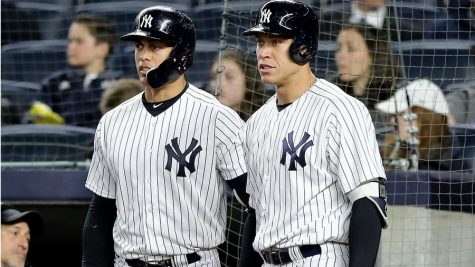
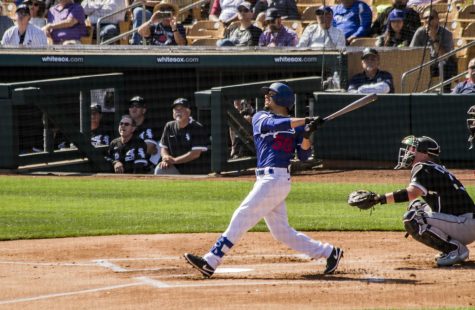

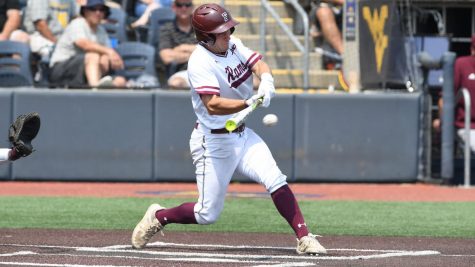
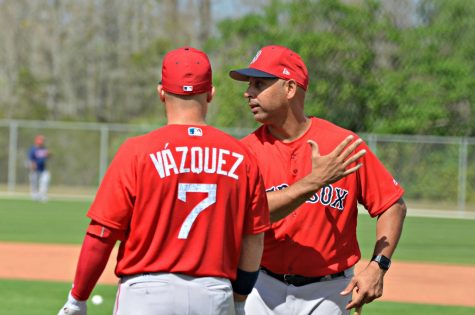
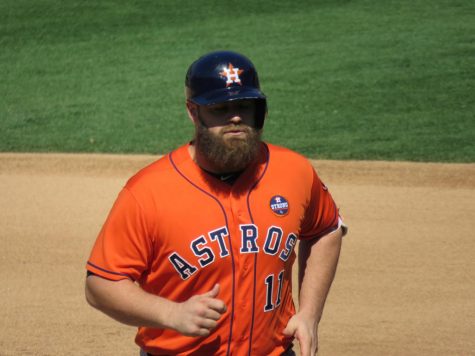

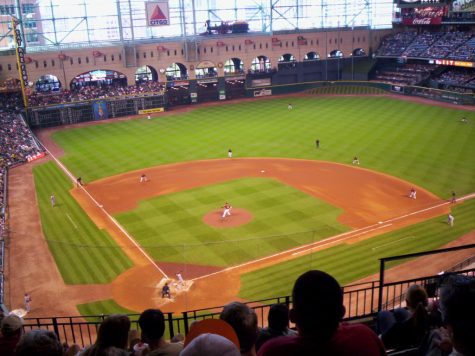
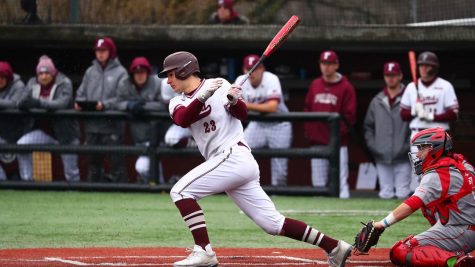
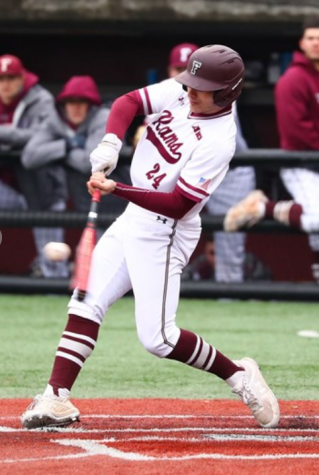
If you want a picture to show with your comment, go get a gravatar.